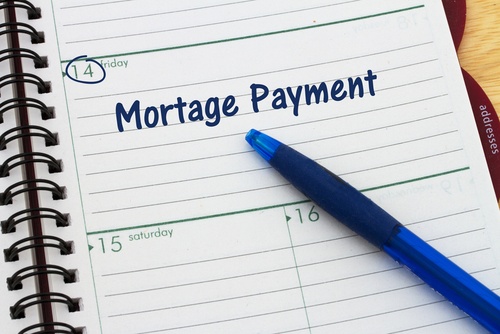5 Signs Your Bank Overcharged You On Your Mortgage Payments

If you are currently paying off a mortgage loan, it’s very important that you regularly check your payment records to see if there are any irregularities.
There is always the possibility that you’ve been overcharged by your bank. This has happened before with several banks in the past.
The most well-known of these cases is the tracker mortgage scandal that gripped the Bank of Ireland and thousands of its clients.
Many of the bank’s mortgage customers found out that they have been overcharged by the bank for years costing them thousands of pounds. If you are worried that this might be happening to your account, it’s advisable that you check your loan and the payments you’ve made.
Here are the steps you should take about the issue:
1. Get a full and complete copy of all the payments you’ve made to your mortgage loan.
If you don’t keep a copy or record of all your payment installments, you can get them from the bank yourself.
After getting your records, you then have to meticulously go over everything to determine if there are any inconsistencies with the amounts and interest rates paid.
Try getting the help of someone who is knowledgeable about how mortgage rates work especially if your loan has a variable interest rate.
2. If you see irregularities with your payments, you should contact your bank immediately and ask for an explanation.
It’s possible that you’re wrong about the irregularities.
But it’s also possible that the bank made mistakes in collecting your mortgage payments. To be sure, just contact the bank and ask them to address your questions.
3. Get an experienced accountant to go over your accounts.
If you submitted a complaint to your bank and they say that there are no overcharges or irregularities, you shouldn’t take their word for it.
To ensure that you aren’t being overcharged, you should get the services of a knowledgeable accountant. He or she should be able to determine if you’ve been overcharged or not.
4. If the accountant finds out that you are indeed overcharged, you should once again file a complaint with the bank.
When filing your complaint, make sure that you include the findings of the accountant and other necessary documents as evidence that you’ve been overcharged. The bank will then review your complaint.
5. If the bank reviewed your complaint…
…and realized that you were indeed overcharged, then you should immediately seek compensation and a redress of your loan.
This means that the excess payments should be returned to your account. You can also try to renegotiate your loan to avail of a lower interest rate or a longer payment period.
You have every right to do so given the fact that you’ve been paying more than you should have.
Overcharging is a common occurrence in mortgage loans especially if the creditor is a bank and the payments are done automatically.
These overcharges are often hard to catch especially if the attached rate is a variable rate. With that said, it’s advisable that you regularly review your payment records to ensure that you are not paying more than what you are supposed to pay.